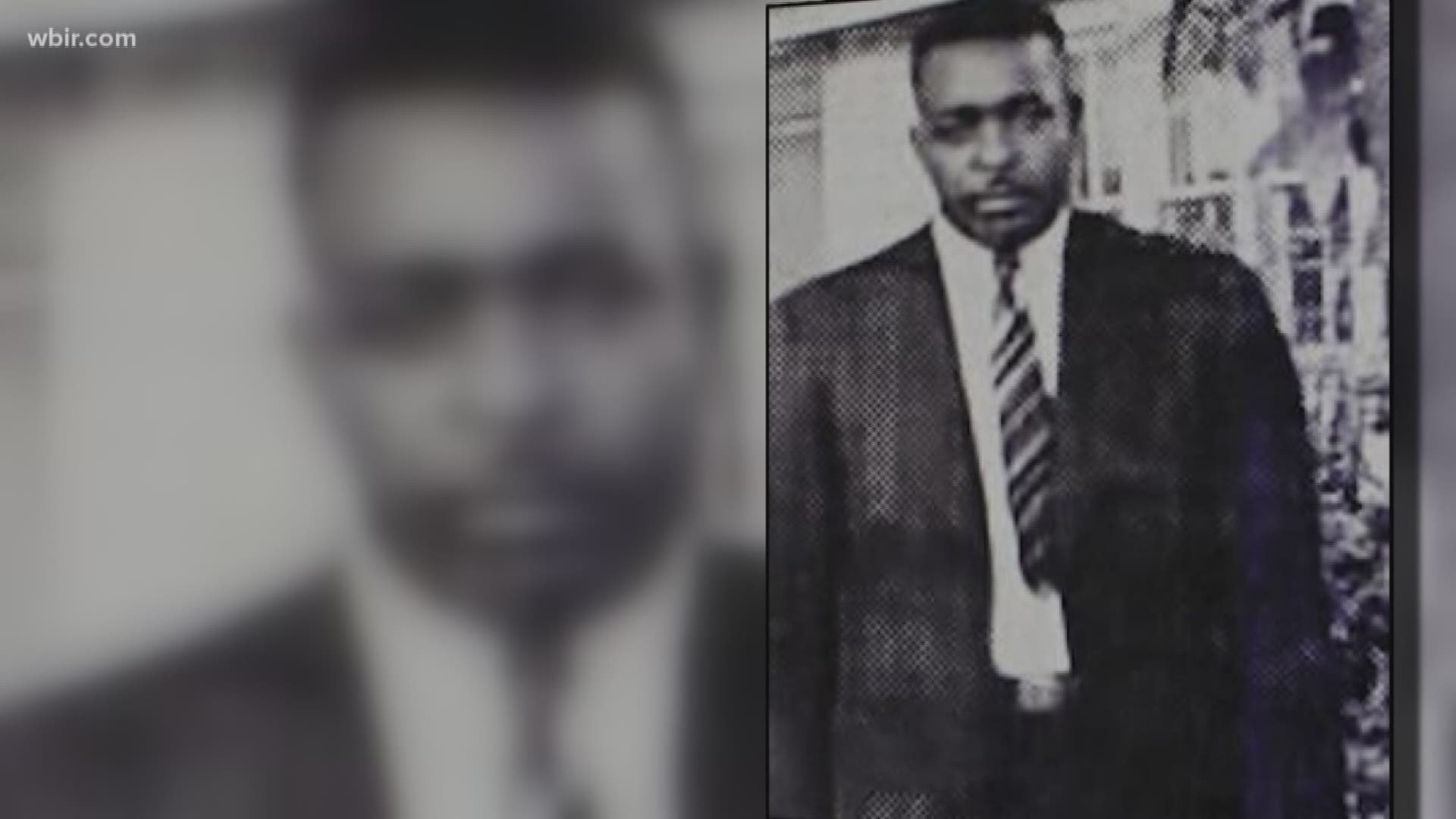A University of Tennessee professor is using her Body Farm research to help investigate a pre-Civil Rights-era cold case.
Dr. Amy Mundorff is an anthropology professor who pioneered research to find hidden and mass graves with light detection technology called LIDAR, along with other imaging methods.
Now, those methods will help search for the grave of Elbert Williams, a Civil Rights activist who was found dead in West Tennessee in 1940.
"There's always an issue of bodies that are hidden," Mundorff said. "Once the ground has really healed over and you can no longer see the scar of where the grave was, locating them is really difficult."
Before coming to UT, Mundorff was a forensic anthropologist and worked for the New York Medical Examiner's Office during 9/11. For years she toiled with the idea of using light imaging to detect hidden graves.
"It was something, sort of a pipe dream, because where was I going to be able to create mass graves and collect all this technology? And then I got the job here," Mundorff said.
The Body Farm was the answer.
►RELATED || Inside The Body Farm: The dead do speak
In 2013, she pioneered the use of LIDAR, technology that measures the distance of light beams between objects, and also hyper spectral imaging, which shows chemical changes within the soil from decomposition. Mundorff's team buried subjects and conducted the research with the technology over the years.
One of Mundorff's first major publications on this research debuted last month in Forensic Science International.
"What we've shown is a proof of concept, that it works," Mundorff said.
Her research came at just the right time.
Last week, investigators announced they would reopen the case of Elbert Williams, an NAACP member who was helping citizens register to vote. His body was found in a West Tennessee river in 1940. There was no autopsy, and he was buried in an unmarked grave.
Mundorff is charged with finding Williams.
"And do a proper analysis, and give him a new death certificate, maybe new manner, and a headstone," she said.
Mundorff said she has analyzed the imaging of the cemetery many believe Williams lies in. She said researchers also have DNA from a living relative, so it's possible they could positively identify his remains.
"We're really to the point where we need to open the ground," Mundorff said.
She said once all the paperwork is finished and the weather cools down a bit, they can get to excavation.
"It's still going to be difficult, it's still going to be difficult and there's a chance that we won't find him," she said.
But that certainly doesn't appear to weaken Mundorff's passion for finding Williams and seeking justice.

